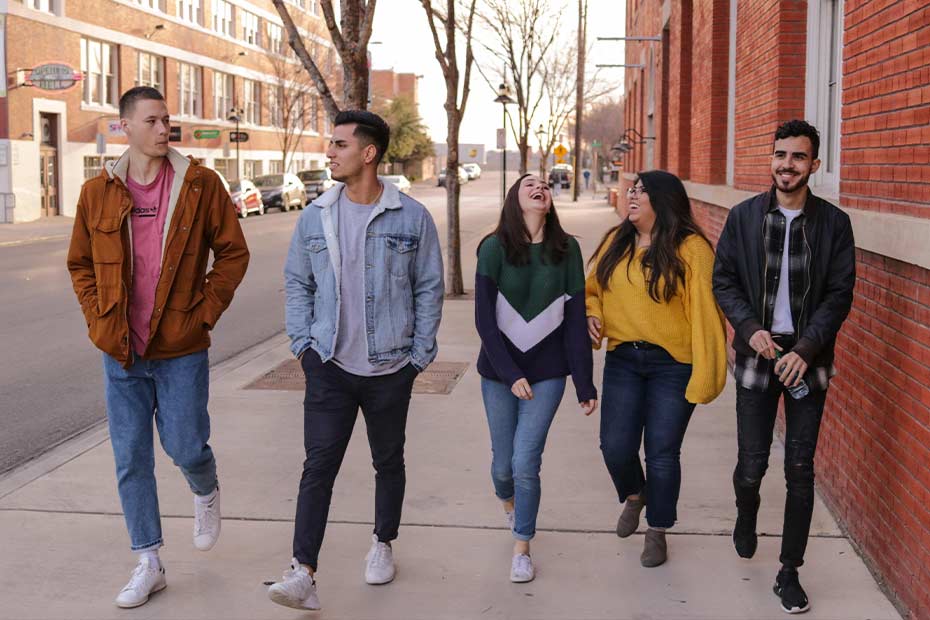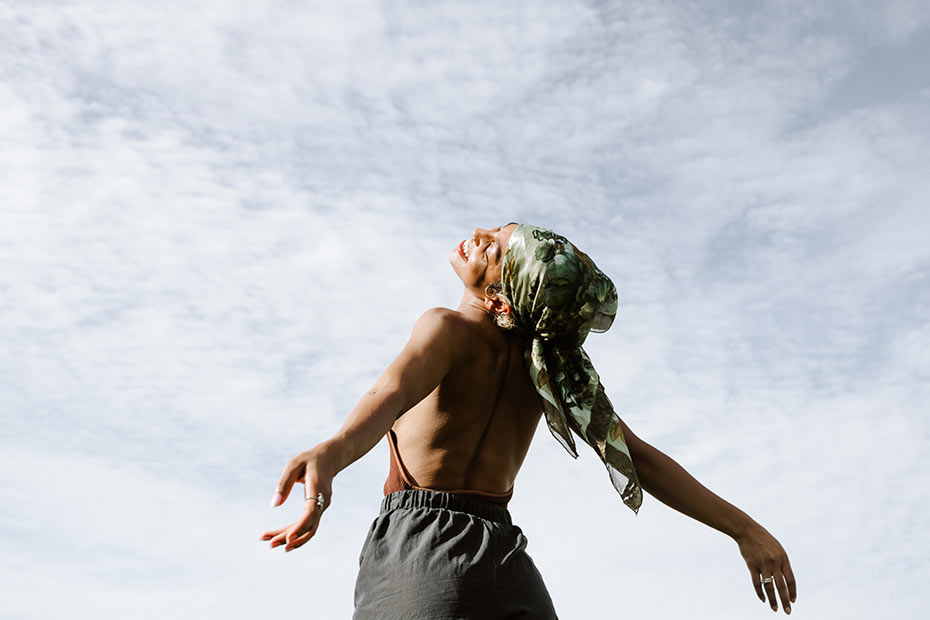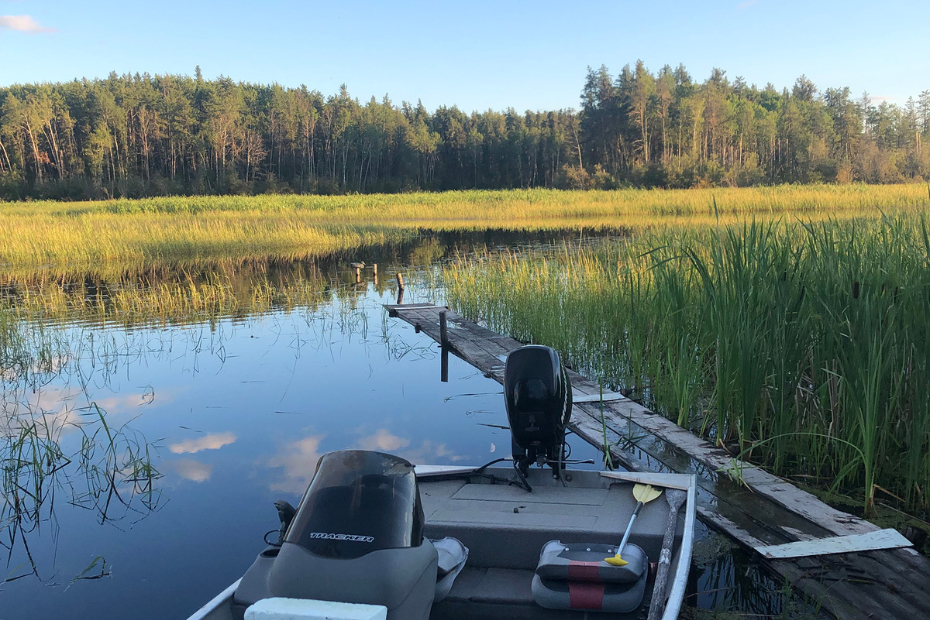Young people not in work, school or training can feel an overwhelming sense of hopelessness and lack of purpose. Without support systems to help guide youth out of harm’s way, their path may lead to intensified struggles with mental health and destructive behaviours. But with the right programming and place and people in their corner, they can achieve success and independence.
“Now more than ever, our young people need strong support from their families, loved ones and the community to work through mental health challenges that are sure to show up as we move through the post pandemic period,” said Regional President Jeff Boyd, RBC, Alberta & Territories Region. “Youth are such an important part of our collective future, and helping them to build their resiliency is critical to their success.”
RBC recently had the opportunity to speak with Jamie Stewart, Verto Project Manager, a program run by YOUCAN Youth Services in Edmonton, to understand how the pre-employment life skills program works, the difference it makes in the lives of young people in Edmonton and how it helps youth foster resilience during tough times.
Q: What is the Verto Project?
Stewart: The Verto Project is a twenty-week program. During the first nine weeks, youth participate in employment and personal development, technology training, conflict resolution as well as health and wellness training, volunteerism, life transitioning and leadership development. Youth then enter into the paid twelve-week work experience component of the program where our Employment Coordinator works to match youth with employers and set them up for success in the work world.
Q: How and why was the Verto Project formed?
Stewart: As a youth agency, it’s easy to think you can help every youth, but that’s not the reality. At YOUCAN we decided to hone in on what we’re good at. We looked at the spectrum of youth coming in, the barriers they were facing and who was experiencing success. With the Verto Project we focused on youth who were “Ready, Willing and Able” to show up every day and make a change.
Q: How do you select youth for the program?
Stewart: As a youth worker you never want to set up a youth for failure. A lot of youth have encountered struggles in their lives and you don’t want to add to that list and bring their self-esteem down.
Because Verto is such a big commitment, our intake process is intensive. The program is competitive — over 100 youth apply for the program — and we have to narrow the list down to ten. We do this through our intake days, which are like group interviews, where we go through everything that we teach and do some ice breakers to see how they’ll do in a group dynamic. Then we conduct individual interviews where we get a snapshot of where they are at right now — we try to understand their mental health, any barriers they may have to getting and keeping a job, what they want out of the program and their previous experience. Then we have to professionally and objectively decide who to accept. This is the hardest part of our jobs, but ultimately our goal is not to set up a youth for failure.
Q: For youth who don’t make it through, is there an opportunity for them to try again or access other resources?
Stewart: When we work with youth, we don’t think about “if” Verto is a good fit for them but “when.” For example, if they might need to work on a few things, we would encourage them to come back in nine weeks and re-apply. We’ve had youth apply two or three times and come back and rock the program. In some cases, we might refer them to other resources in Edmonton so they can get the support that’s best for them.
Q: What does success look like to you?
Stewart: Success looks different depending on the youth. Some are really awesome at resume and cover letter writing but lack confidence in job interviews or conflict resolution — their starting points are on a very case-by-case basis. If a youth comes in and does great in the nine-week program and completes their twelve-week work placement, that’s a great result. Ultimately, if they can achieve economic independence — if they can take care of themselves and support their families or choose to go back to school — that’s success.
Q: What is the reaction of youth and staff to their success?
Stewart: Kyle Dube, our Executive Director, mounted a celebration bell on the wall… one of those old-school triangle bells. We ring it to celebrate the success of our youth and the sign on it reads: “When you hear this bell it means a young person got a job, went back to school or has reached another important milestone.”
When a young person comes in to ring the bell, every single person comes out of the work rooms or offices and celebrates with them. Seeing the smile on youth’s faces is so special. We post these moments on social media as a visual representation of their success.
Q: How has the Verto Project had to adapt throughout the pandemic?
Stewart: For us, shutting down and supporting youth was never an option, but back in March of 2020, no one knew what this virus was. We made the difficult decision to switch everything online for the safety of our youth and staff. We gave every youth currently in the program an iPad and set them up with Zoom and Skype capabilities. Our facilitators had to create online lessons on the fly — our staff and the youth were amazing.
Q: How has the pandemic affected the youth you work with?
Stewart: Almost every single youth that comes in now says they’re dealing with depression and anxiety. Mental illness is becoming an epidemic. The counsellors we have in-house have been invaluable — I feel they are a key reason for our success.
Q: How tough is it for youth to get back on track without this kind of support? How does resilience play a role?
Stewart: Life is hard and if you don’t have people in your corner, things can get very challenging. While some youth are naturally resilient, others need help to build and foster those skills.
In some cases, resilience comes from past experiences and traumas — sometimes we learn the most from the hardest times of our lives. Many of our youth are willing to show up on time every day and put in the work because of what they’ve had to experience in the past. In other cases, youth are resilient without having gone through those life experiences. Resilience is one of those intangible things, but we can help foster it by offering consistent support, routine and by modelling it ourselves. When our staff show up every day in the middle of a pandemic, for instance, youth feed off that.
I also believe resilience is built through baby steps. If I find youth are becoming overwhelmed by the program, I say: Just show up tomorrow.
As part of RBC Future Launch, RBC is committed to enhancing youth mental well-being, offering access to a wide variety of digital resources that can help cope through challenges, build skills in resilience and even help other youth who may be struggling. Please take some time and explore the link above.
More from the Breakdown Down Barriers: Youth Mental Well Being in Canada:
This article is intended as general information only and is not to be relied upon as constituting legal, financial or other professional advice. A professional advisor should be consulted regarding your specific situation. Information presented is believed to be factual and up-to-date but we do not guarantee its accuracy and it should not be regarded as a complete analysis of the subjects discussed. All expressions of opinion reflect the judgment of the authors as of the date of publication and are subject to change. No endorsement of any third parties or their advice, opinions, information, products or services is expressly given or implied by Royal Bank of Canada or any of its affiliates.


































